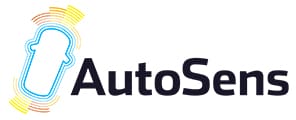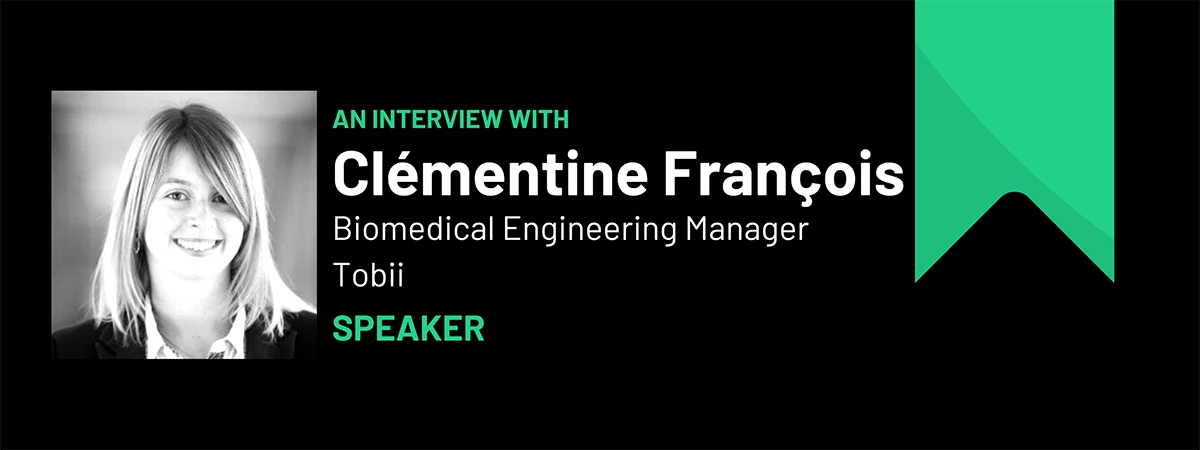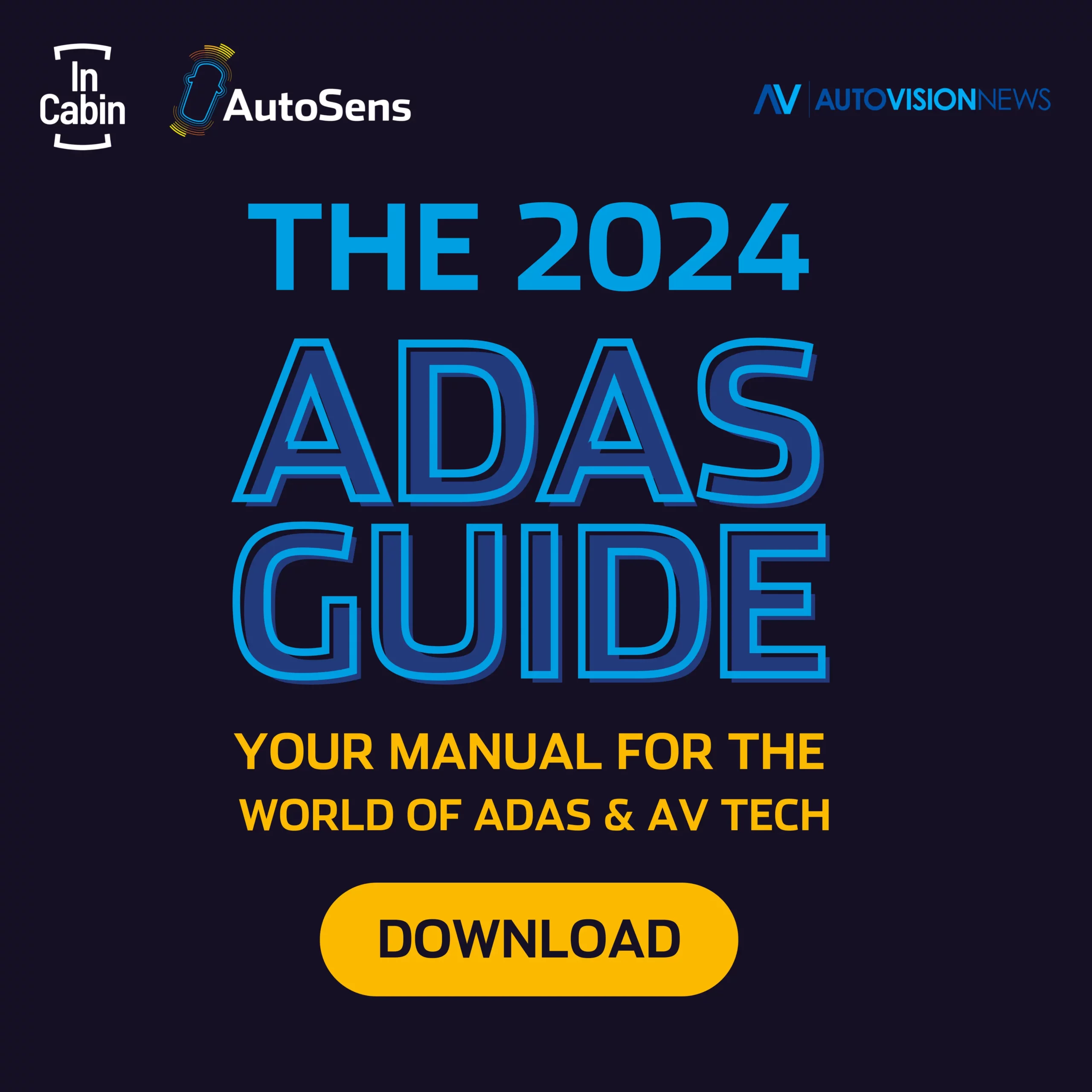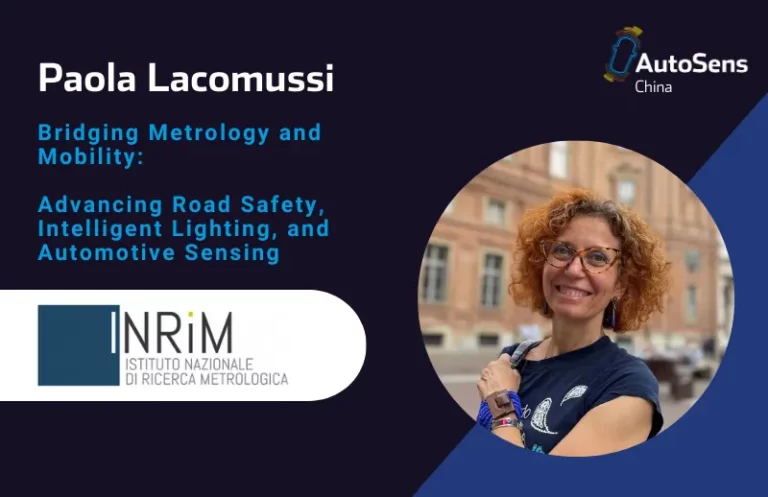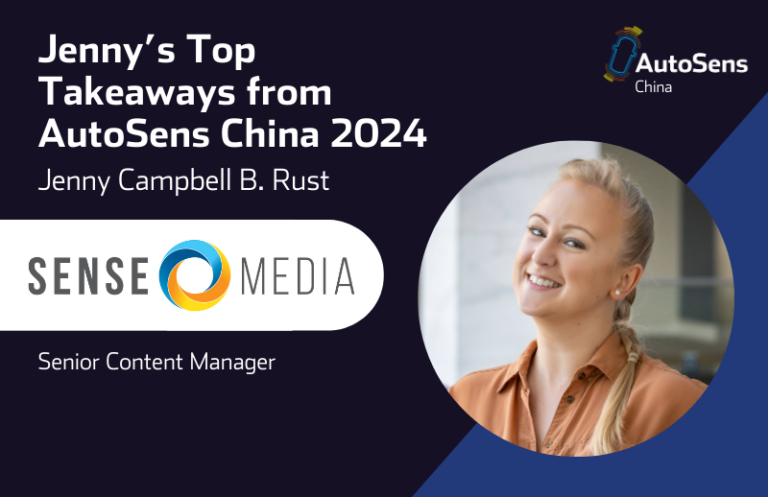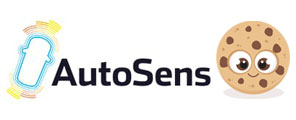We caught up with Clémentine François, Biomedical Engineering Manager at Tobii to find out more about her session at InCabin Phoenix in March covering ‘Health and impairment detection through cognitive states monitoring – development and validation challenges’. Read on to find out more…
1. You will be speaking about health and impairment detection through cognitive states monitoring at the upcoming InCabin Phoenix event – could you elaborate on what you mean by this and what you will be covering during your presentation?
Driver impairment is a growing concern as it is a major contributing factor to accidents. There are several sources of driver impairment and in this presentation, I will focus mainly on those related to the physiological and cognitive states of the driver such as drowsiness, cognitive load, stress, mind off, etc.
I will present these different states, their impact on driver behaviour and driving performance, how to measure/detect them (especially in a vehicle) and how to approach validation.
2. What do you see as the challenges that might develop through health and impairment detection and how will solutions be validated?
Detecting that a driver is impaired is the most important first-level information but knowing the source of the impairment allows for appropriate intervention and is therefore an important second information level. However, distinguishing the different sources is a real challenge.
Moreover, evaluating the performance of solutions to detect physiological and cognitive states is usually quite complex as many factors must be considered and there is usually no single objective ground truth to use. A modular approach that combines several ground truths helps to make the validation process more achievable and affordable.
3. What are the use cases for these solutions?
The main use case is to avoid accidents and thus improve safety but monitoring the driver’s physiological and cognitive states also helps to improve his well-being, comfort, and experience in the vehicle. In addition, this information could be used to improve the design of vehicle interfaces in the early stages of the development of new vehicle models.
4. Have you been to Phoenix before? What are you most looking forward to?
I’ve been to Arizona before, but this will be my first time in Phoenix and I’m looking forward to it. I enjoy discovering new places and cultures and I’m excited to attend the InCabin event and meet incredible people there.
